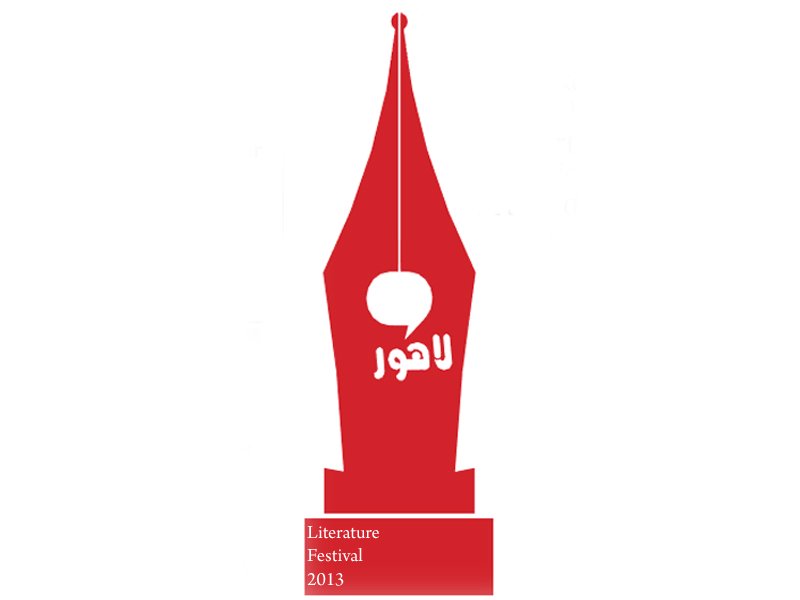
When more than two people sit together and talk about Pakistan, it doesn’t take long before religion comes up. The same happened at a discussion on ‘Pakistan, a Modern Country? Exploring Identity in an Age of Transition’, at the Lahore Literary Festival on Saturday.
The session began with a focus on the prerequisites of a modern state and gradually shifted to Islamic movements, the Taliban, drone attacks, the upcoming US withdrawal from Afghanistan and, ultimately, politics.
Hall-I of the Alhamra overflowed as Pakistani-American historian Ayesha Jalal, British academic and professor of history of South Asia at the University of London Francis Robinson and writer Tariq Ali discussed whether or not Pakistan was a modern state.
It was moderated by British journalist Owen Bennett-Jones, writer of a new political thriller, Target Britain, set in Balochistan and London.
Robinson posited three requirements for a country to be called a modern state — protection of the state from aggression and immigration (sovereignty); effective tax collection; and protection of minorities’ [rights]. The answer to the session’s main question appeared clear. He moved on to talk about deficiencies in the health and education sectors and the problem of population growth. Ali mentioned at least one of the more unpleasant markers of a modern state. “One aspect to modernisation is to own weapons. Well, I am sorry to say, but North Korea also owns them and I must say it’s not my favourite example of a modern state,” he said. He stressed that the state (government) and religion should be kept separate. Jalal stepped in and added, “People need to know about their religion. More and more people are avoiding talking about their religion. They don’t even realise that they are doing this.”

To effectively counter those “who have taken up the self-imposed responsibility of becoming ambassadors of Islam”, she said, one needed to know about the religion. The other panellists agreed.
They spoke about the intervention of militants and non-state actors and involvement of foreign governments in Pakistan and its policy making. Robinson said that the West had a deep interest in Pakistan and its politics. Ali condemned US drone attacks in Pakistan, while Jalal urged the youth to leave their homes and take charge if they wanted a prosperous and modern Pakistan.
Just before the session ended, someone asked the panellist who they would vote for in Pakistan’s upcoming elections, if they were eligible to vote. Ali’s answer was applauded by the 600-plus audience for several seconds. “I at least will not vote for the parties we have already tried. I will go for a young revolutionary voice this time,” he said.
Everyone there knew who he was talking about.
Published in The Express Tribune, February 24th, 2013.

















COMMENTS
Comments are moderated and generally will be posted if they are on-topic and not abusive.
For more information, please see our Comments FAQ